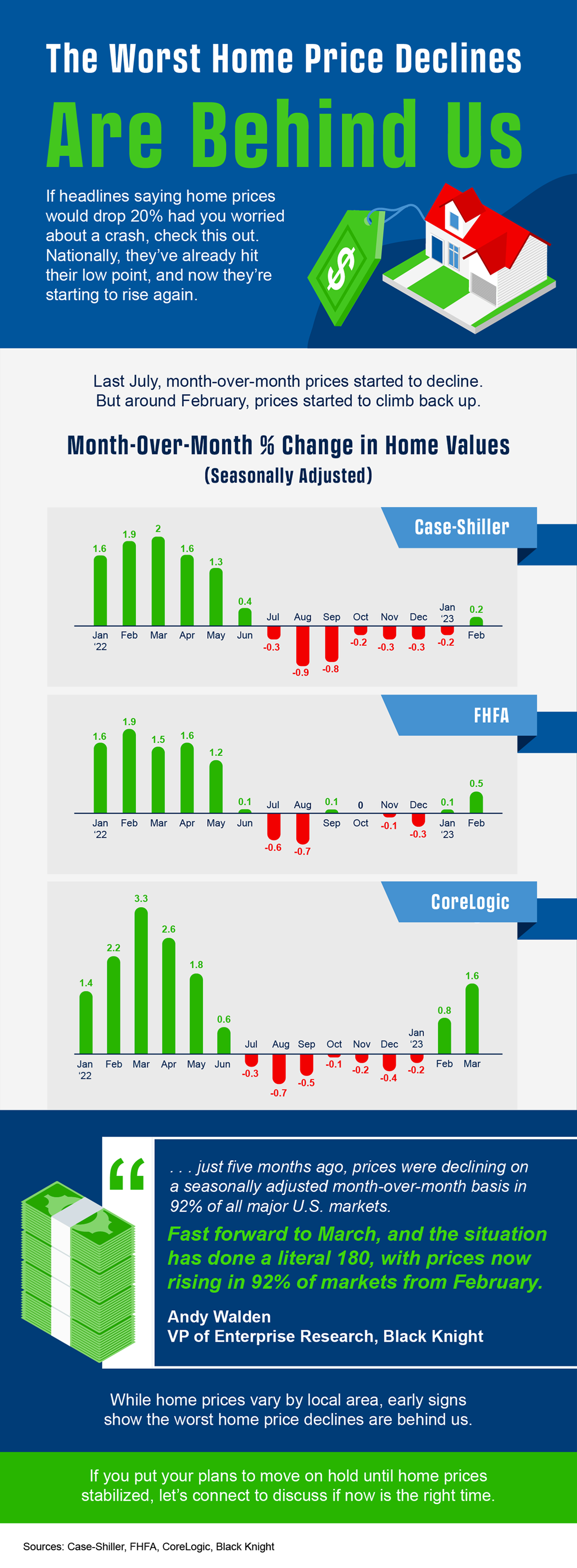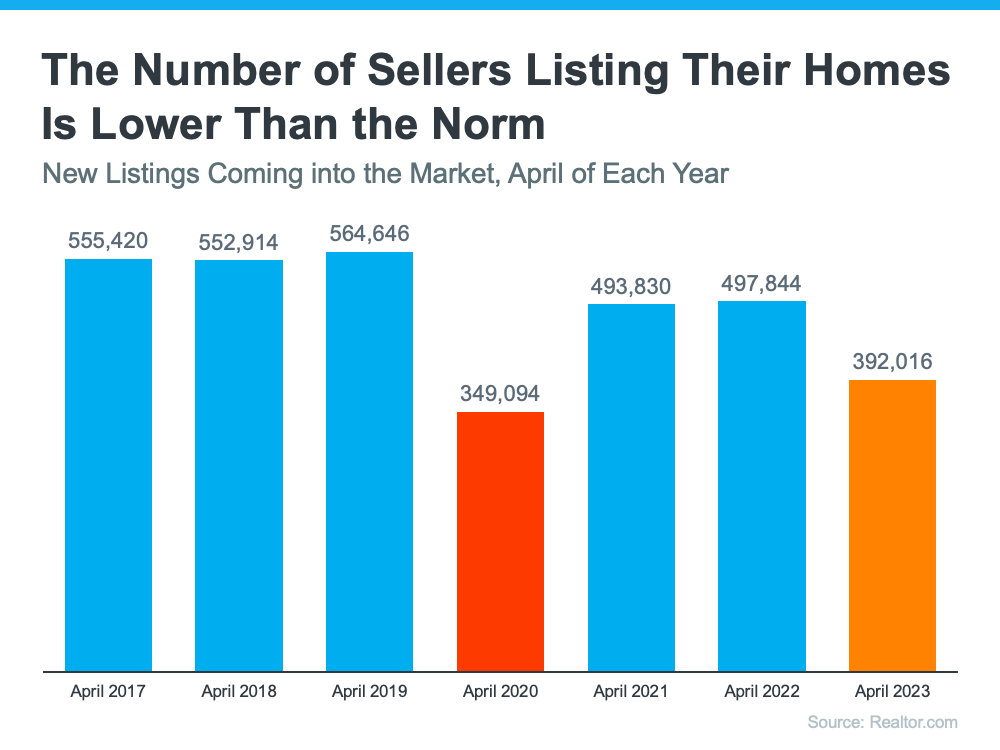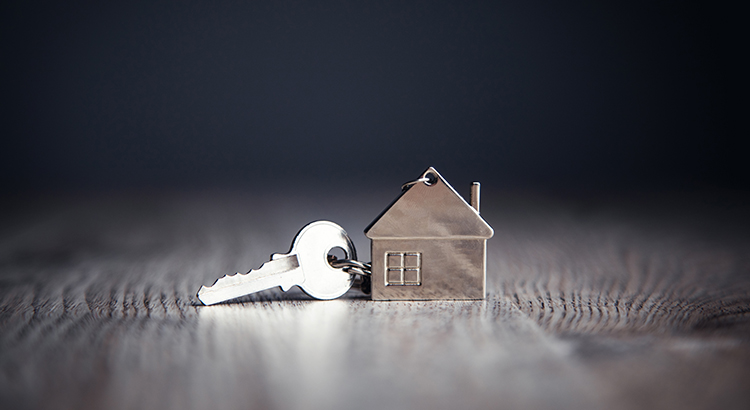
You’re probably feeling the impact of high inflation every day as prices have gone up on groceries, gas, and more. If you’re a renter, you’re likely experiencing it a lot as your rent continues to rise. Between all of those elevated costs and uncertainty about a potential recession, you may be wondering if it still makes sense to buy a home today. The short answer is – it does. Here’s why.
Homeownership actually shields you from the rising costs inflation brings.
Freddie Mac explains how:
“Not only will buying today help you begin to build equity, a fixed-rate mortgage can stabilize your monthly housing costs for the long-term even while other life expenses continue to rise – as has been the case the past few years.”
Unlike rents, which tend to rise with time, a fixed-rate mortgage payment is predictable over the life of the mortgage (typically 15 to 30 years). And, when the cost of most everything else is rising, keeping your housing payment stable is especially important.
The alternative to homeownership is renting – and rents tend to move alongside inflation. That means as inflation goes up, your monthly rent payments tend to go up, too (see graph below):
A fixed-rate mortgage allows you to protect yourself from future rent hikes. With inflation still high, when your rental agreement comes up for renewal, your property manager may decide to increase your payments to offset the impact of inflation. Maybe that’s why, according to a recent survey, 73% of property managers plan to raise rents over the next two years.
Having your largest monthly expense remain stable in a time of economic uncertainty is a major perk of homeownership. If you continue to rent, you don’t have that same benefit and aren’t as protected from rising costs.
SBottom Line
A stable housing payment is especially important in times of high inflation. Connect with a real estate agent so you can learn more and start your journey to homeownership today.

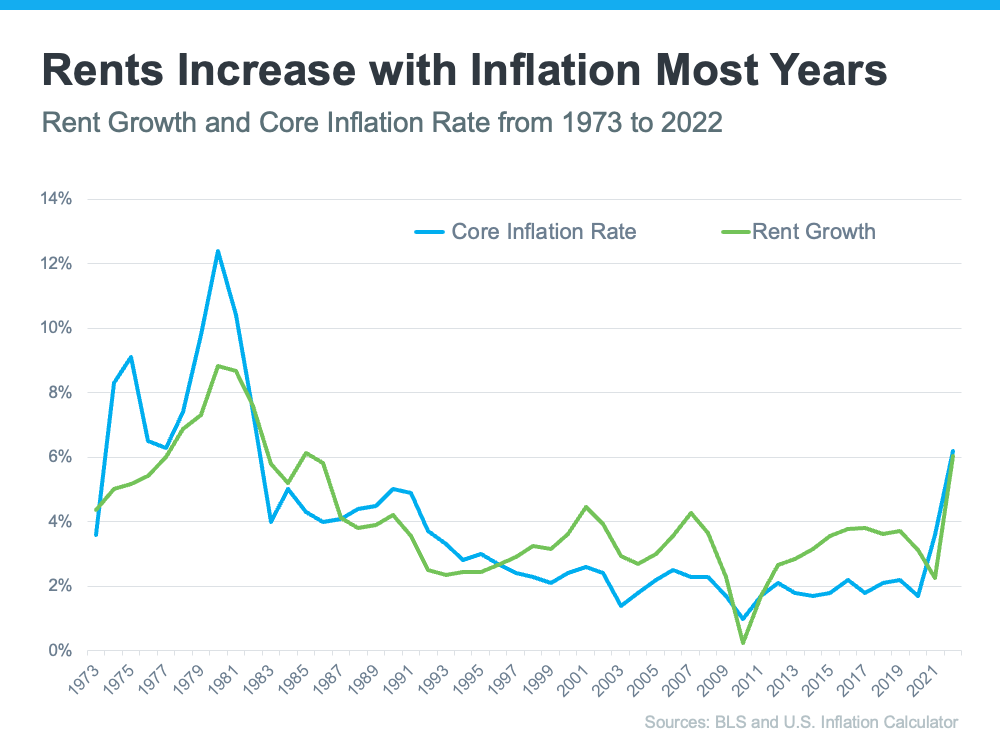


![The Impact of Changing Mortgage Rates [INFOGRAPHIC] Simplifying The Market](https://files.keepingcurrentmatters.com/content/images/20230518/The-Impact-of-Changing-Mortgage-Rates-KCM-Share.png)
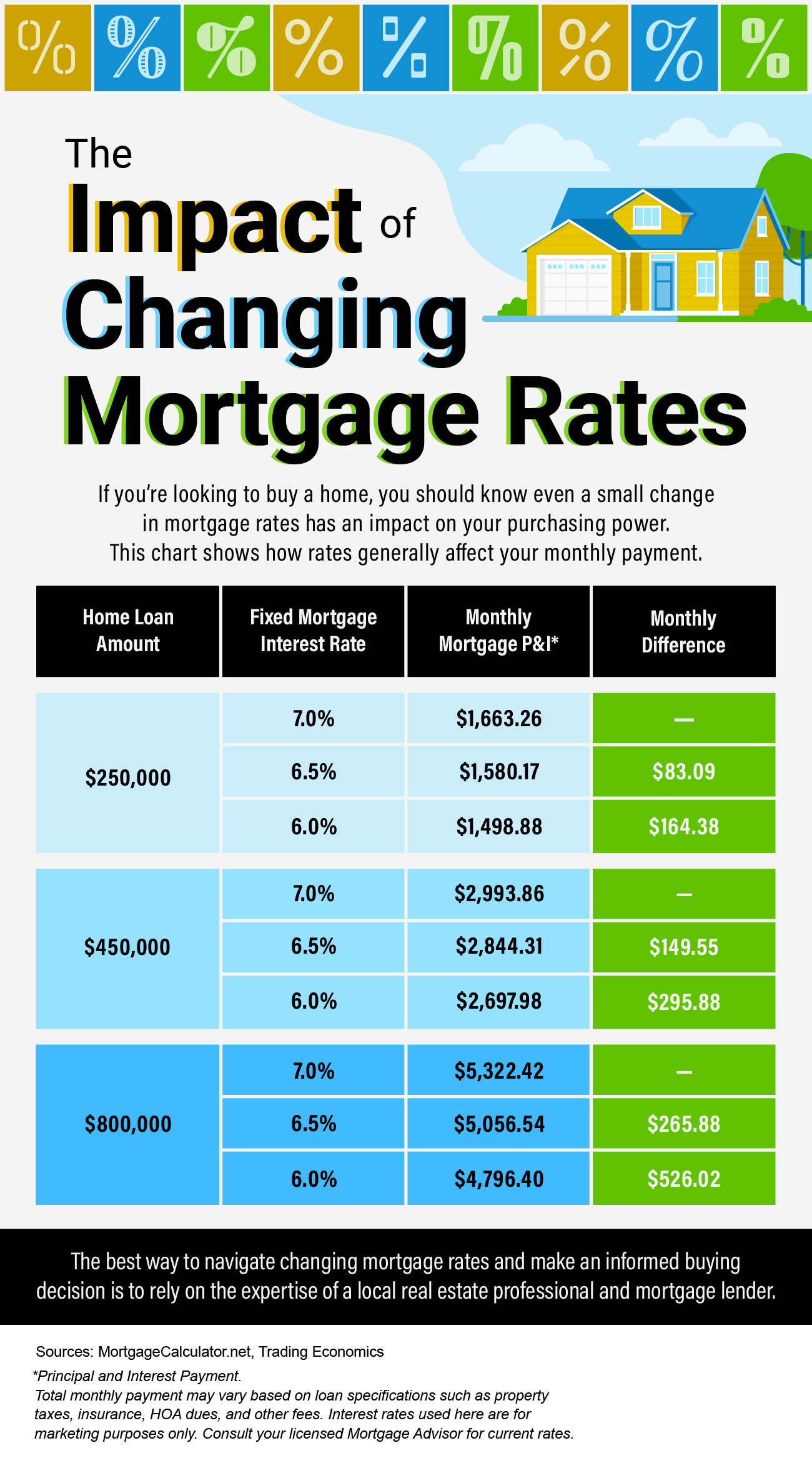

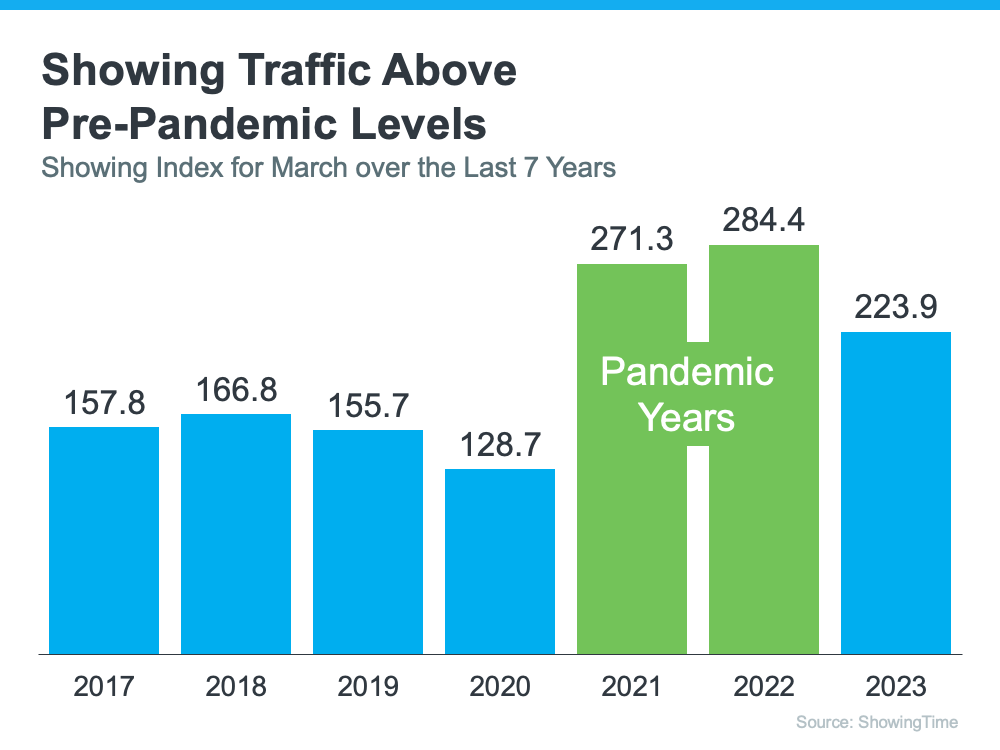
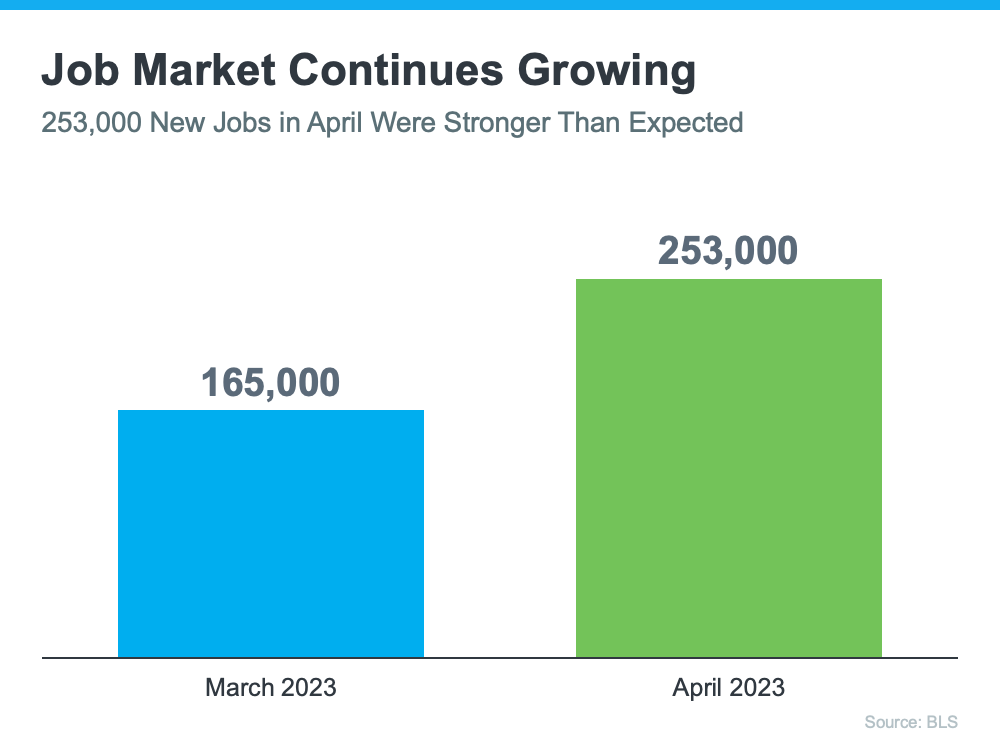
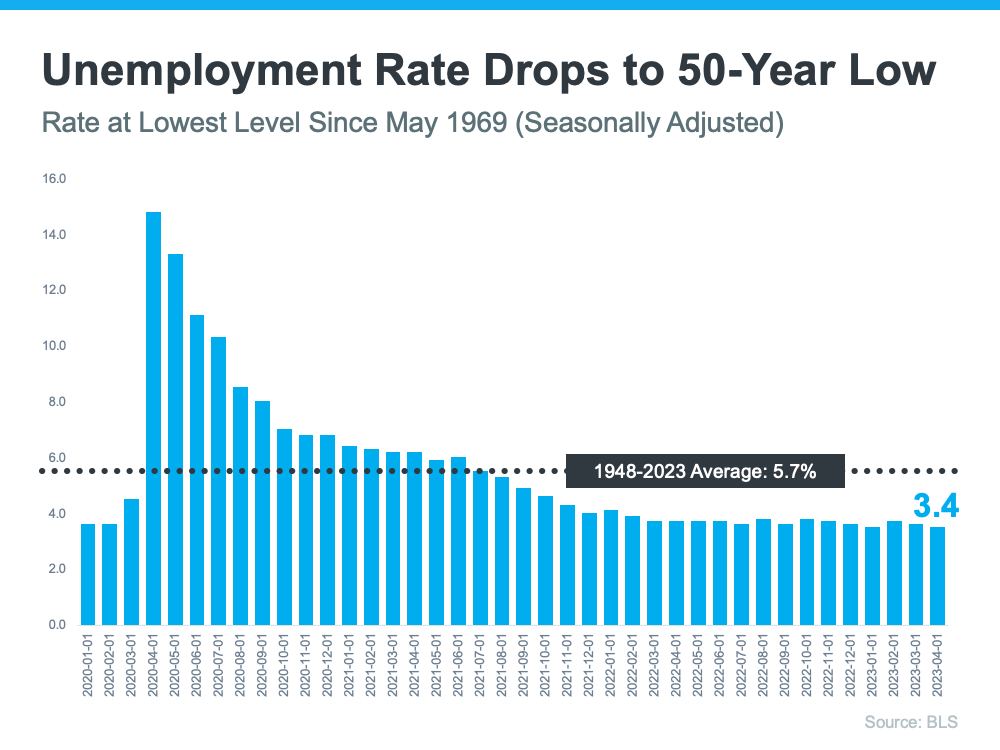
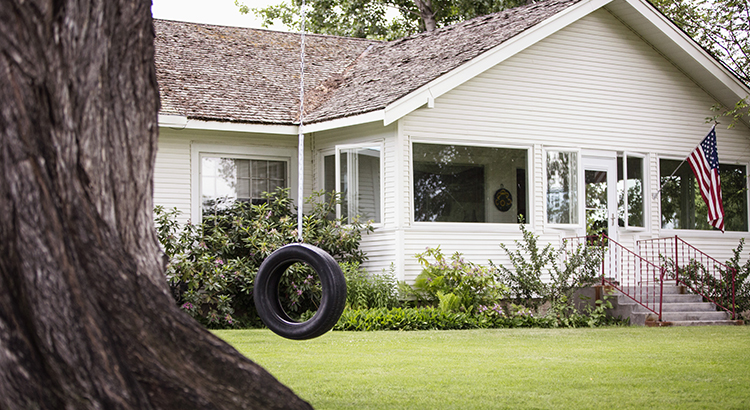

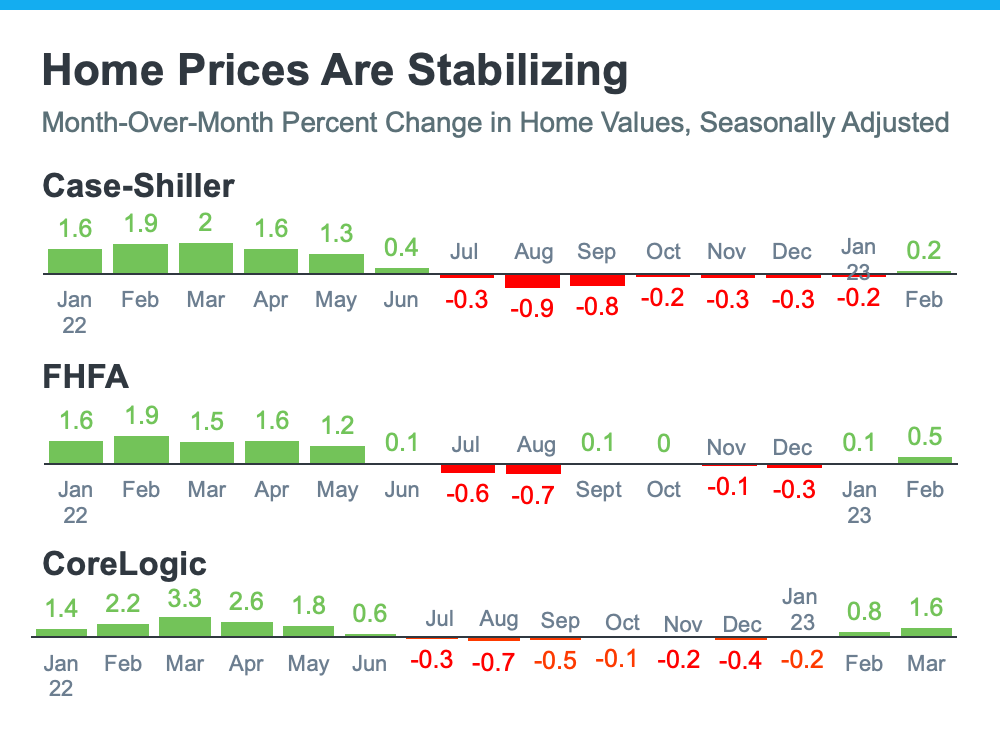
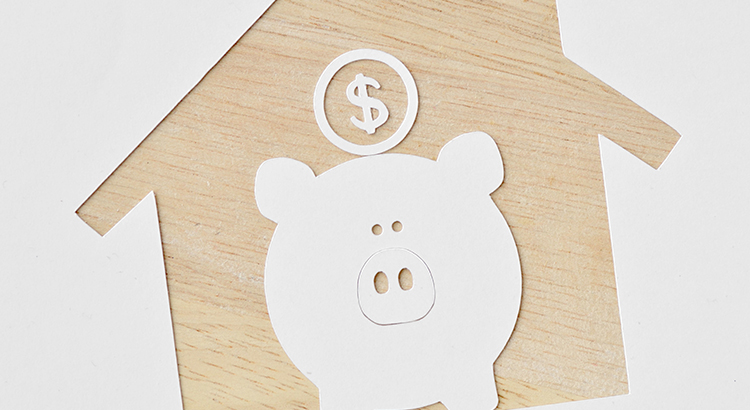
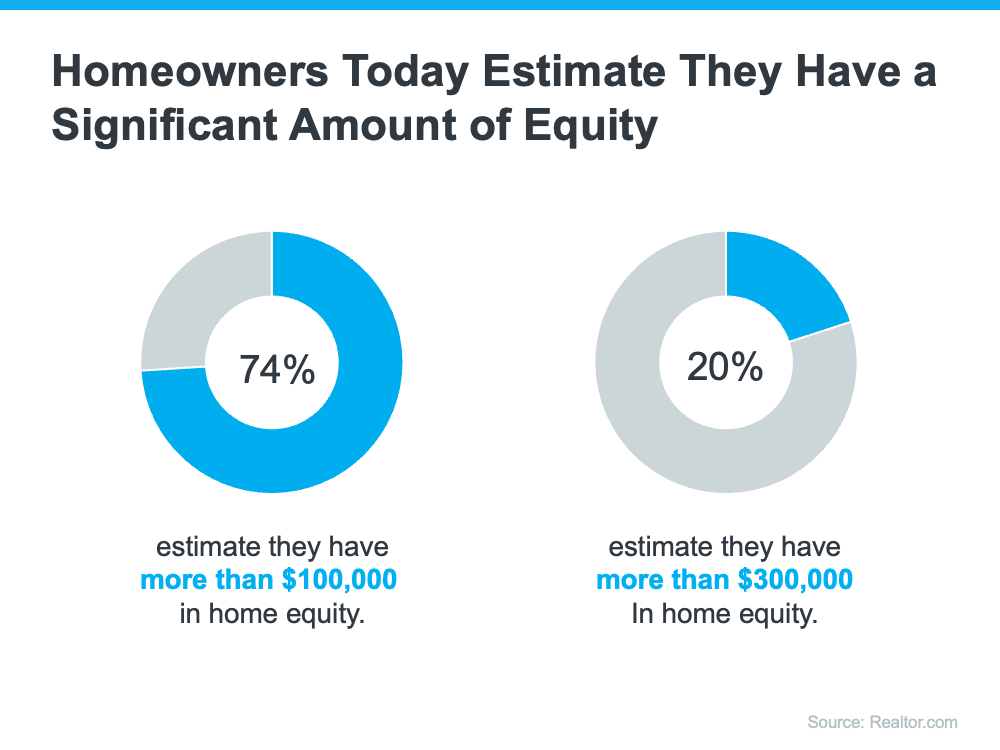
![The Worst Home Price Declines Are Behind Us [INFOGRAPHIC] Simplifying The Market](https://files.keepingcurrentmatters.com/content/images/20230511/The-Worst-of-Home-Price-Declines-Are-Behind-Us-KCM-Share.png)
